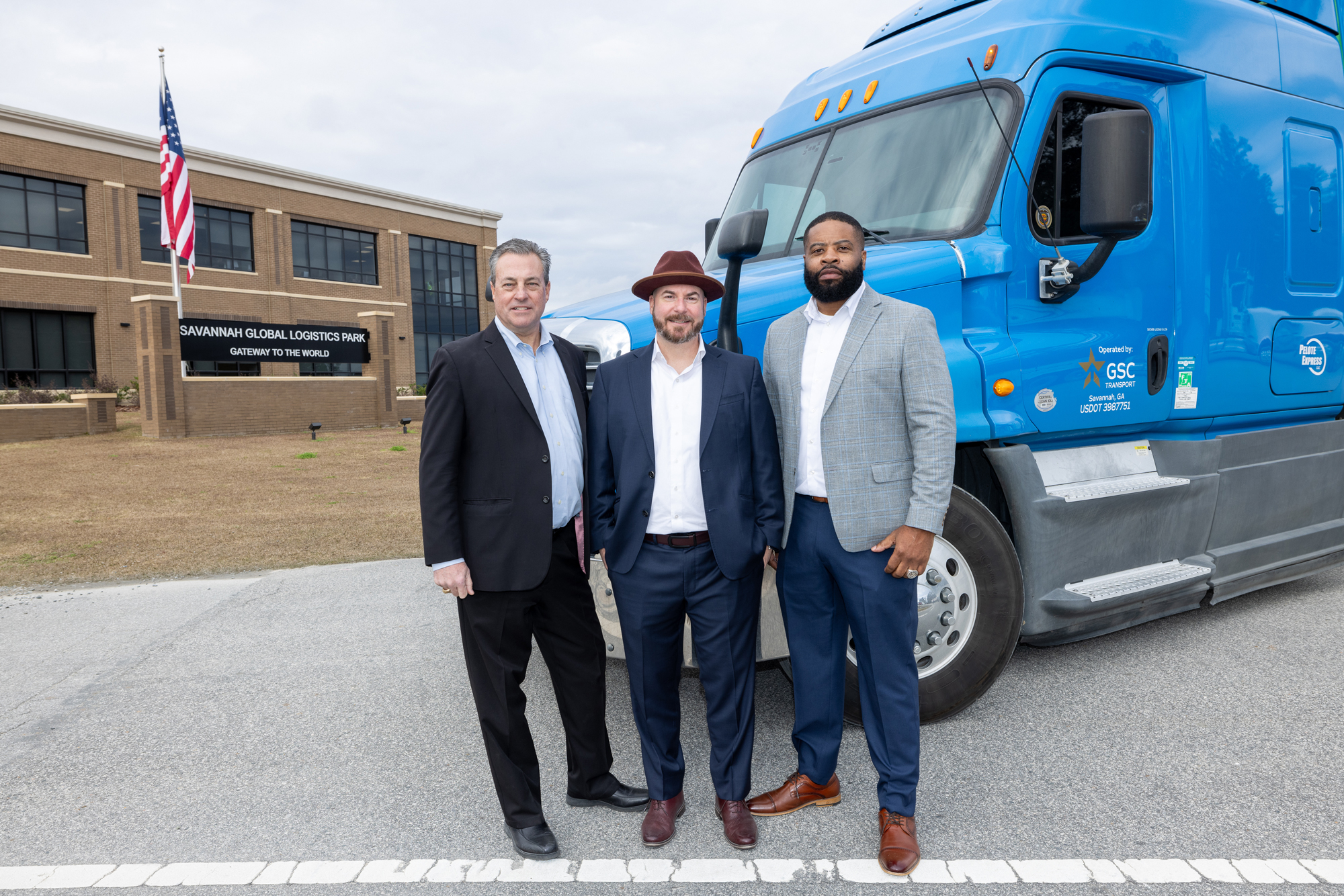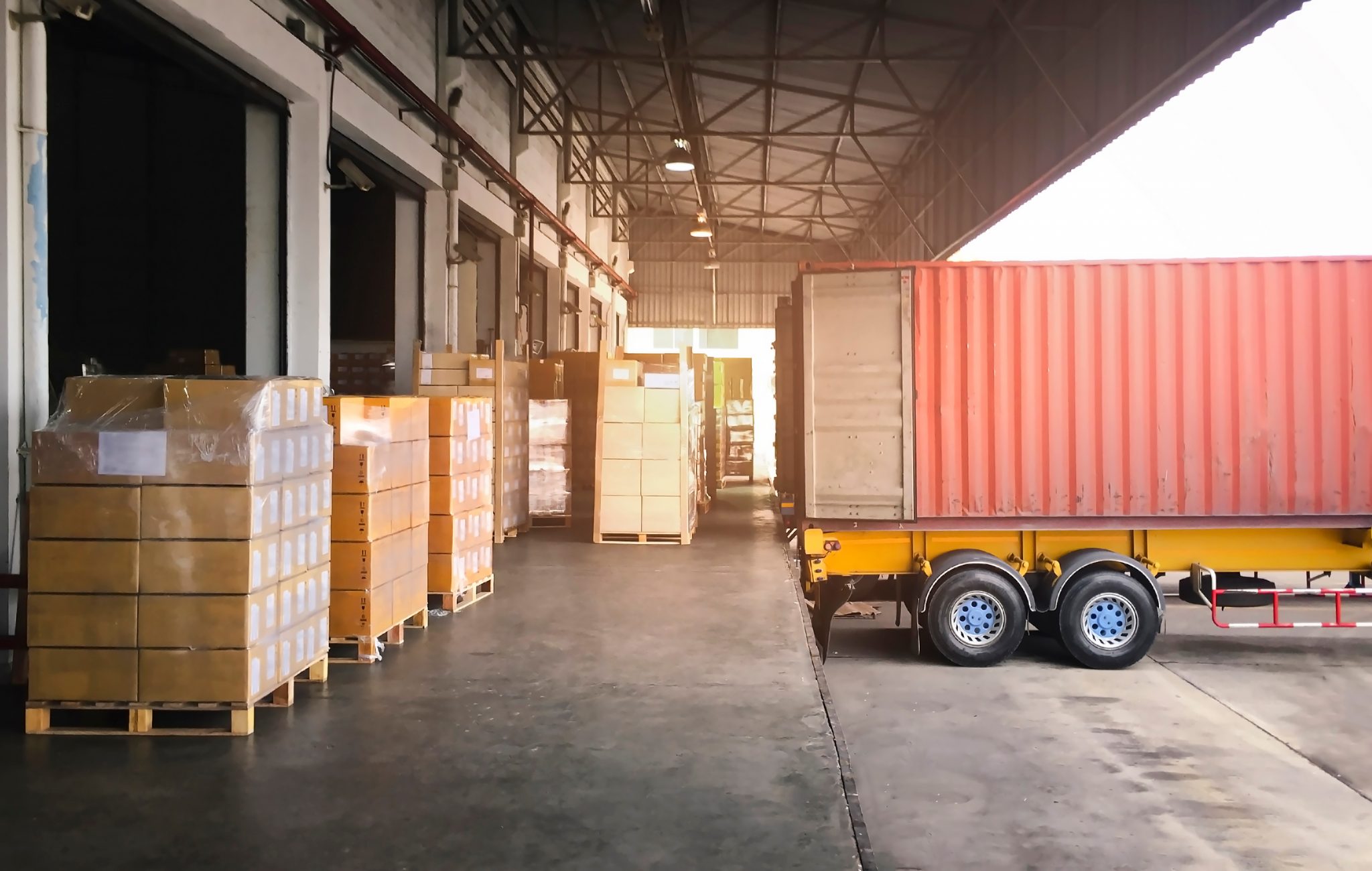From Transport Topics:
A simmering dispute over the assignment of work at a Port of Seattle terminal potentially could disrupt talks to reach a multiyear labor agreement between 22,000 unionized dock and warehouse workers at 29 West Coast ports and management, according to the International Longshore and Warehouse Union.
ILWU on Sept. 27 issued a statement critical of a recent move by SSA Marine Inc. by what that union said is an attempt to circumvent work at Seattle to another union. ILWU is in negotiations with the Pacific Maritime Association, which represents an estimated 70 companies that operate on the West Coast.
Now the ILWU is accusing SSA and the International Association of Machinists and Aerospace Workers, (IAM) of deliberately disputing which union can do “cold ironing.” That’s the process of attaching shore power to ships after they dock. IILWU and SSA recently sought an intervention from the National Labor Relations Board over the question.
ILWU’s statement said the dispute over the jurisdictional issue now forces ILWU to shift its attention from contract negotiations in San Francisco to preserving its union work in Seattle.
“We are shocked that SSA is taking such an action, and we are currently regrouping to determine how to proceed in negotiations while we watch an employer violate the very provision of the contract over which the parties were bargaining,” ILWU committee member Cameron Williams said in a statement obtained by Transport Topics.
ILWU said it considers the move by SSA and IAM as a violation of the collective-bargaining agreement between itself and PMA.
ILWU and the PMA began contract talks in May. The most recent agreement, which was reached in 2015, expired July 1.
Calls to reach SSA and IAM for a comment were not returned. SSA is listed as a member of PMA.
However in a letter obtained by Bloomberg News, IAM wrote President Joe Biden asking the White House to assign the cold ironing tasks to its members at Seattle’s Terminal 5.
ILWU’s leadership said disputes such as this threaten the current talks, and these questions should be resolved at the bargaining table and not before NLRB.
“Since our groundbreaking 2008 agreement, our employers have been using the NLRB as an escape hatch to avoid their obligations under our collective bargaining agreement,” ILWU International President Willie Adams said. “What we need right now is for the employers to figure out how to police the multi-employer group so that they will honor the agreements we make at the bargaining table. We also need federal agencies like the NLRB to honor the ILWU-PMA and to recognize the instability it creates in this vital industry when it allows itself to be used as a way for the employers to escape their collectively bargained commitments to the ILWU.”
Meanwhile the Biden administration is monitoring the negotiations and White House Supply Chain Envoy Stephen Lyons has said he is optimistic a deal will be reached this year.
“If you’re labor, you’re not going to find a more pro-labor administration than the Biden administration,” the retired four-star general said. “I think they know, the president has been very direct with them their task is to come to an agreement, without a disruption. There have been some friction points. That’s called negotiations, but there are adults in the room.”
Meanwhile, as a result of the slow pace of talks, many shippers are moving more cargo from West Coast ports to Atlantic Ocean facilities to ensure their freight arrives in stores for the holiday shopping season. This was evidenced by several East Coast ports setting container records in August.
In July, the two sides reached a tentative agreement on health and benefits. However, both have agreed not to discuss the status of the talks publicly. Before negotiations began, the union said it anticipated hard bargaining on critical issues including wages, work rules and port automation.
An ILWU spokeswoman earlier said the union “remains committed to the process, with the goal of reaching a collective bargaining agreement with our employers that supports dockworker jobs and the American economy.”
The White House earlier this month helped major freight railroads and 150,000 unionized workers reach a tentative agreement that averted a nationwide strike. The agreement has not been presented yet to the rank and file for a vote, but officials are optimistic it will be ratified.
Source: https://www.ttnews.com/articles/work-jurisdiction-issue-may-impact-labor-talks-west-coast-ports



